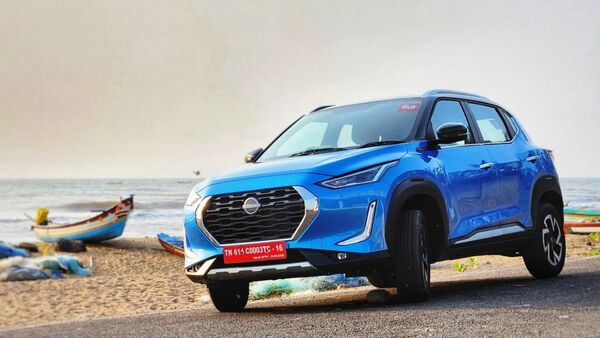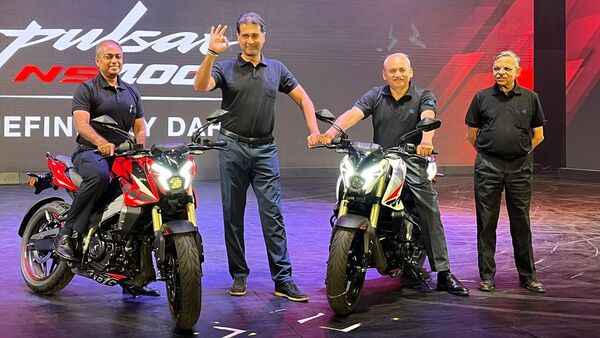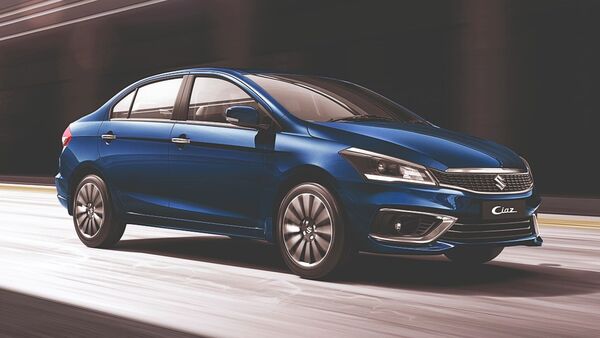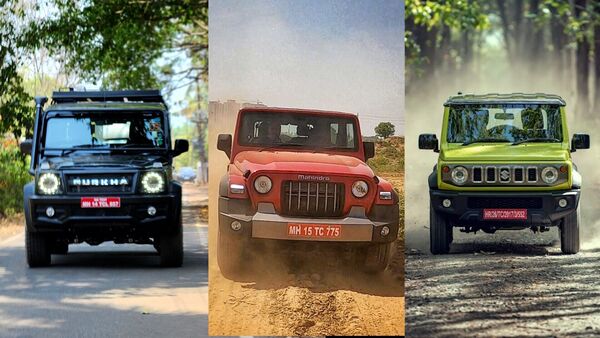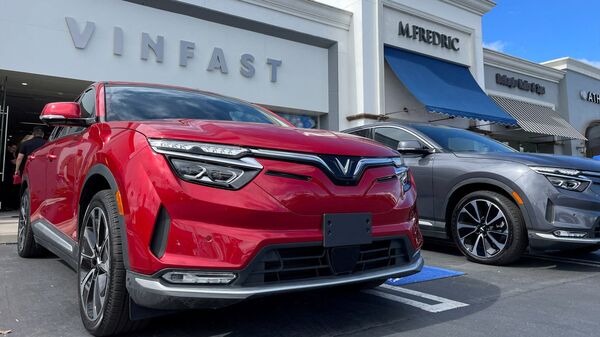
VinFast's Indian odyssey: Navigating challenges, embracing opportunity
10 days ago | 13 Views
The Indian automotive industry is ramping up its transition to electric vehicles (EVs) in response to a new government policy promoting environmentally friendly mobility solutions. Established players such as Maruti Suzuki, Hyundai, Mahindra & Mahindra, and Tata Motors are preparing to launch a range of new EV models across various segments. Meanwhile, newcomers like VinFast are eyeing the Indian EV market with interest.
VinFast Auto has shown enthusiasm for India's recent EV policy changes, expressing plans to introduce a diverse range of eco-friendly, high-quality SUVs at competitive prices. The company had previously committed to investing $500 million in India, including the establishment of an EV manufacturing facility in Tamil Nadu. This plant, expected to create 3,500 jobs in the Tuticorin region, aims to produce 1.50 lakh vehicles once operational.
In February, VinFast commenced the construction of its inaugural integrated EV manufacturing facility in Tamil Nadu, spanning 400 acres within the State Industries Promotion Corporation of Tamil Nadu (SIPCOT) industrial estate. The company also aims to stimulate local economic growth through localisation efforts.
While VinFast is focused on entering the Indian BEV segment, a GlobalData report highlights the challenges it faces due to the competitive landscape, the dominance of established players, and the cost-conscious nature of Indian consumers. The Indian automotive market is known for its competitiveness, with international giants like General Motors and Ford exiting after decades of operation. Toyota and Volkswagen have also struggled to gain a significant presence.
VinFast's entry into the BEV market will coincide with Tata Motors' expansion of its BEV offerings and Mahindra's plans to add more BEVs to its range by the mid-2020s. The market leader, Maruti Suzuki is also set to introduce its BEVs starting with the eVX by 2025. These estabilished players benefit from a well-developed supplier base, enabling them to offer affordable BEVs and intensifying competition for VinFast.
With its manufacturing unit expected to be completed by 2026, VinFast's market entry will align with the launch of BEVs by major players, presenting both challenges and opportunities in India's rapidly evolving automotive landscape.
Will VinFast fail in India then?
While the Indian automotive market poses unique challenges, VinFast's success in India will hinge on its understanding of the market. Building a strong brand image and differentiation from competitors will be crucial. As a newcomer, VinFast must appeal to cost-conscious buyers who are accustomed to global automobile brands.
Strategic positioning will be key to winning over customers in a market that prioritises affordability, reliability, and brand loyalty. VinFast's value proposition must be compelling enough to overcome brand loyalty to established players. Offering innovative features, competitive pricing, and a robust after-sales service network will be critical in gaining consumer acceptance.
Given the competitive landscape and the need for strong brand-building efforts, our sales projections for VinFast in India are conservative. Based on the the assumption that VinFast will introduce four BEV models: VF e34, VF 5, VF 6, and VF 3, the GlobalData forecast sales of 1.5k units in 2026, gradually increasing to 3.3k units by 2036. The success of these models will depend on their market acceptance, pricing strategy, and overall value proposition.
VinFast's entry into the Indian BEV market is a strategic move that will test its ability to compete against established local giants and navigate a complex, price-sensitive market. While there is long-term growth potential, VinFast must overcome significant entry barriers and consumer skepticism. Our projections reflect the challenges ahead, but also highlight the opportunity for VinFast to establish a foothold in the evolving Indian automotive industry.
Read Also: the curious case of magnite suv, the one-car army for nissan in india
